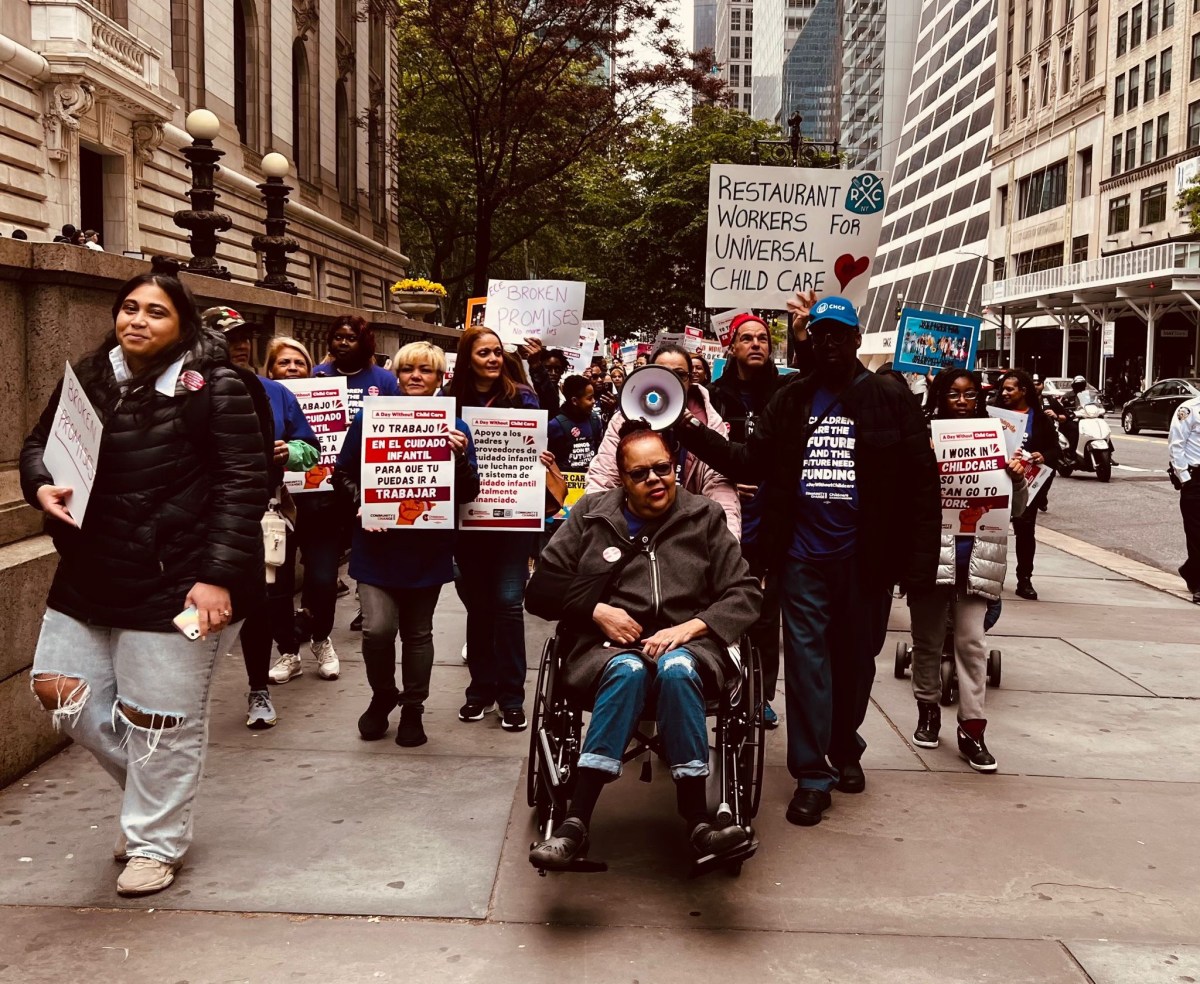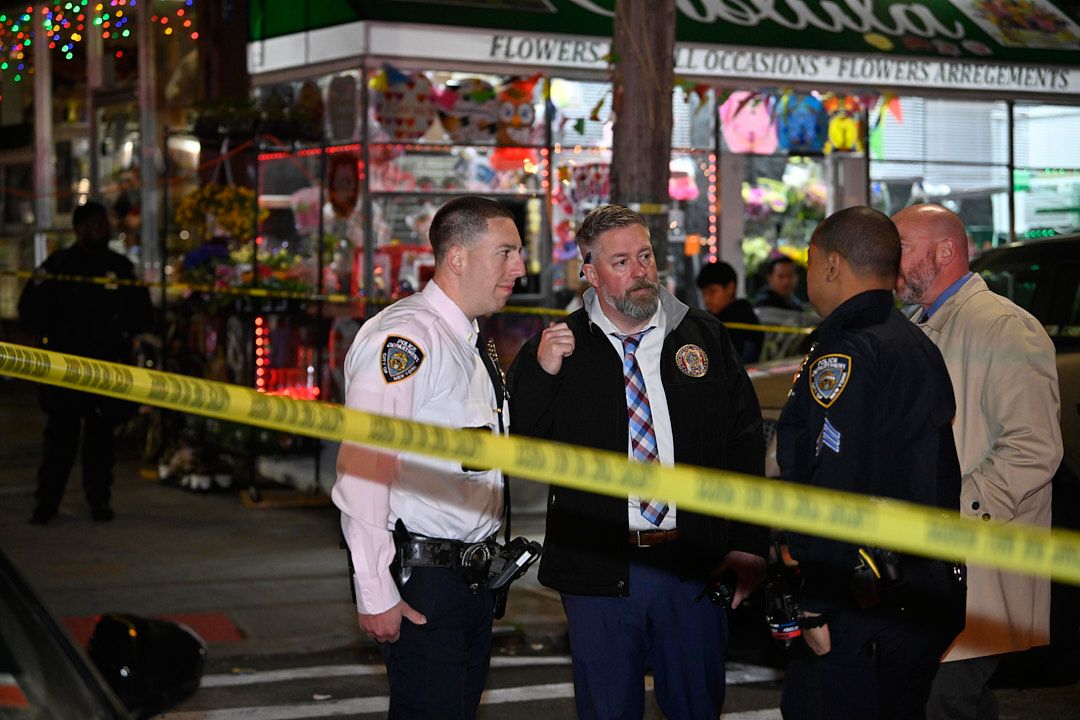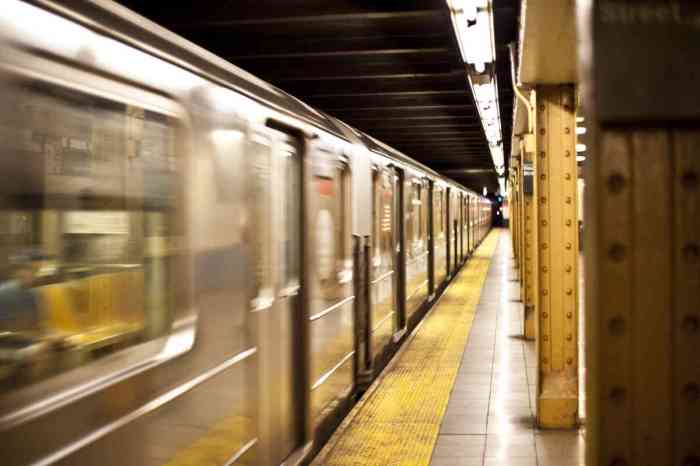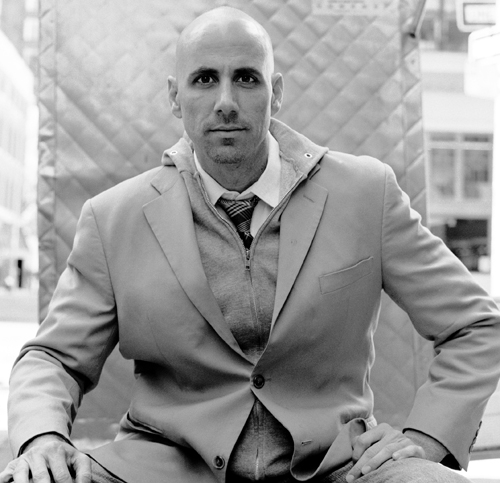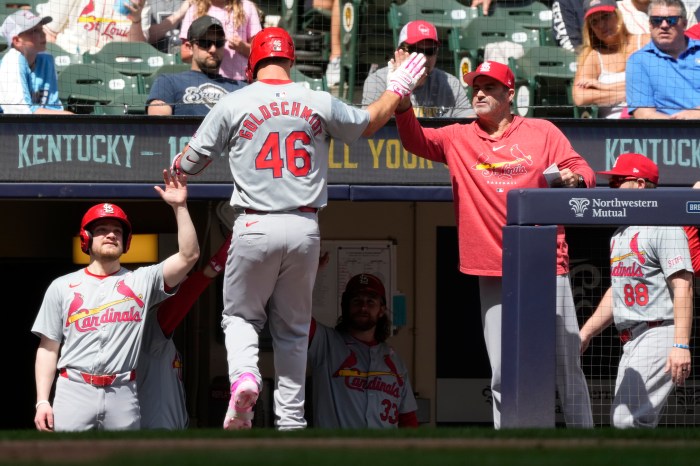It has become cliche to express how or why 2020 is a morbidly awful year, but cliches reflect simple truths. While 2020 is broadly seen as the worst year in recent memory, we shouldn’t forget other years that qualify for runner-up status.
For example, 2016, capped off by Donald Trump winning the presidency, was bad and, unlike 2021, there was the terror of the prospect of coming years that would test the foundations of our Republic.
While it’s hardly a sure thing that 2021 will be better than 2020, the prospects are encouraging and much of the outcome is in our control. The first necessary step was electing Joe Biden. Hopefully the next step will be Georgians making Mitch McConnell a “former” Senate Majority Leader. Whether or not that happens, for things to fundamentally get better we will still have to reassess what governments should and can do for and with us.
For decades, especially after President Ronald Reagan’s 1980 election, regardless of party, there has been the Gipper’s mantra, “Government is not the solution to our problem, government is the problem.”
This is effective rhetoric and a convenient scapegoat for bad and abusive governance. It further empowers the already powerful and blames those who suffer for their plight. Has anyone actually tried to lift themselves up by their own bootstraps? For example, if the average worker lacks bargaining power to increase wages in tandem with costs and policy, makers won’t use their legislative authority to raise minimum wage requirements those who lack shelter or food can be labeled and treated as failing rather than it being seen as the system failing them. Government being stunted once stigmatized as inherently incompetent becomes ever more diminished and reviled.
The year 2020 has shown once again that how governments handle things matter. We need to restore a belief and expectation in government to care for people, since it is a simple reflection of our caring for each other. The choices governments make can mean life and death and determine the kind of life we are able to live.
It’s not apples to apples, but it’s certainly disheartening to see how other countries have handled 2020 and COVID-19. In Australia and New Zealand, they can safely hold concerts, and European countries cover lost wages, while in the US-of-A we wait on a Trump tantrum to determine the fate of unemployment insurance as millions more fall into poverty. Locally, we’re somewhat more fortunate. For example, the legislature is acting to prevent some avoidable human suffering with its wide eviction ban while the city’s vaccination while still a work in progress is double that of the nation.
However, it must not stop there. There must be greater resolve than the typical New Year’s resolution of losing weight to get back a previous pants size, New York’s City and government should do all it can to get back to its vaccination capacity of 1947. That year, in just under a month, the city vaccinated 6 million inhabitants against smallpox.
If anything like that can be achieved, it’ll set the stage for the government to do more for its people. No, it will not result in dystopian lines, regimented clothes or other Randian fantasies out there. I’m talking about doing what our government has already done and what people still want such as returning to free CUNY tuition as it was until the 1970s.
There are other things that can be done, but that will have to wait until next year.













